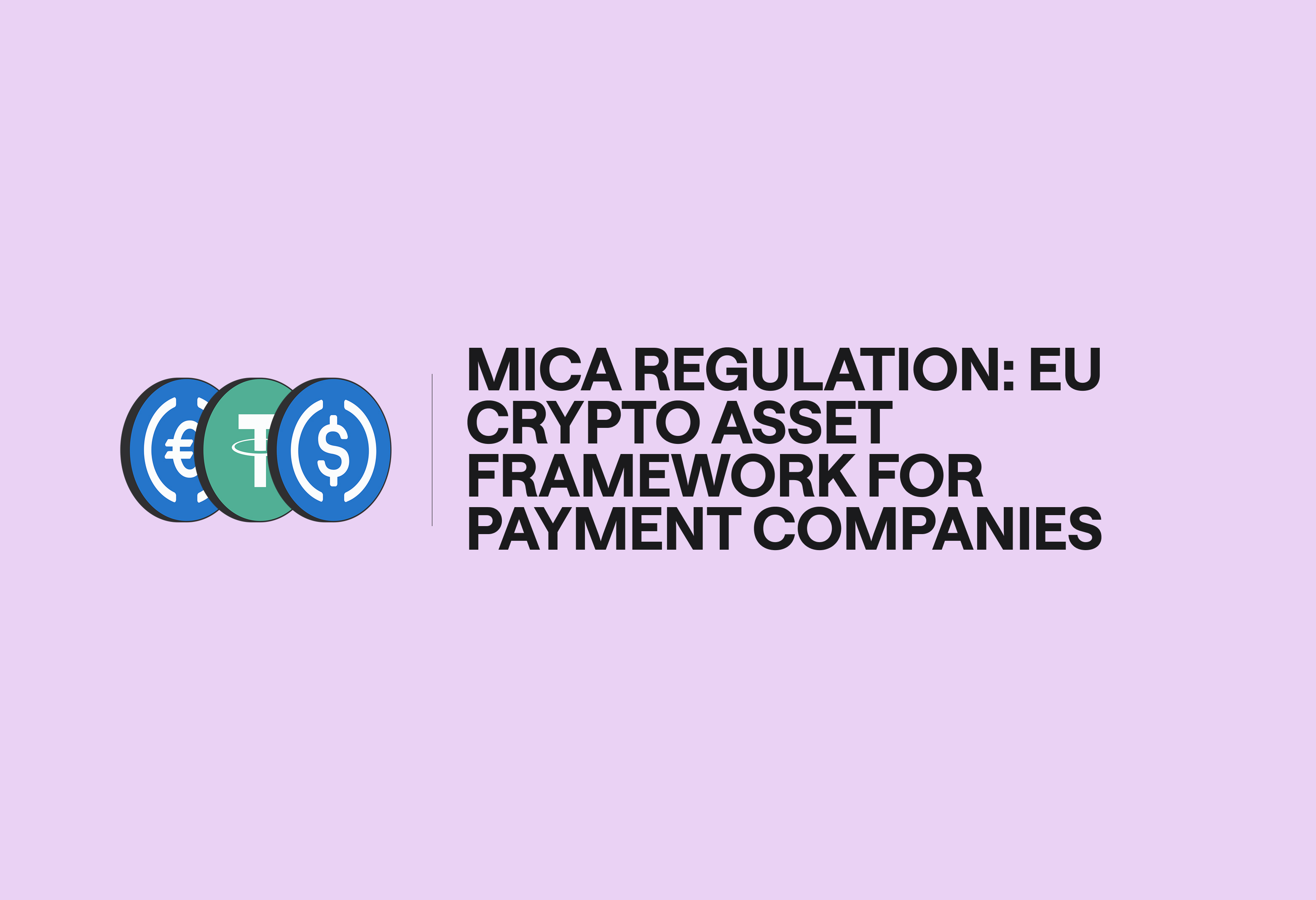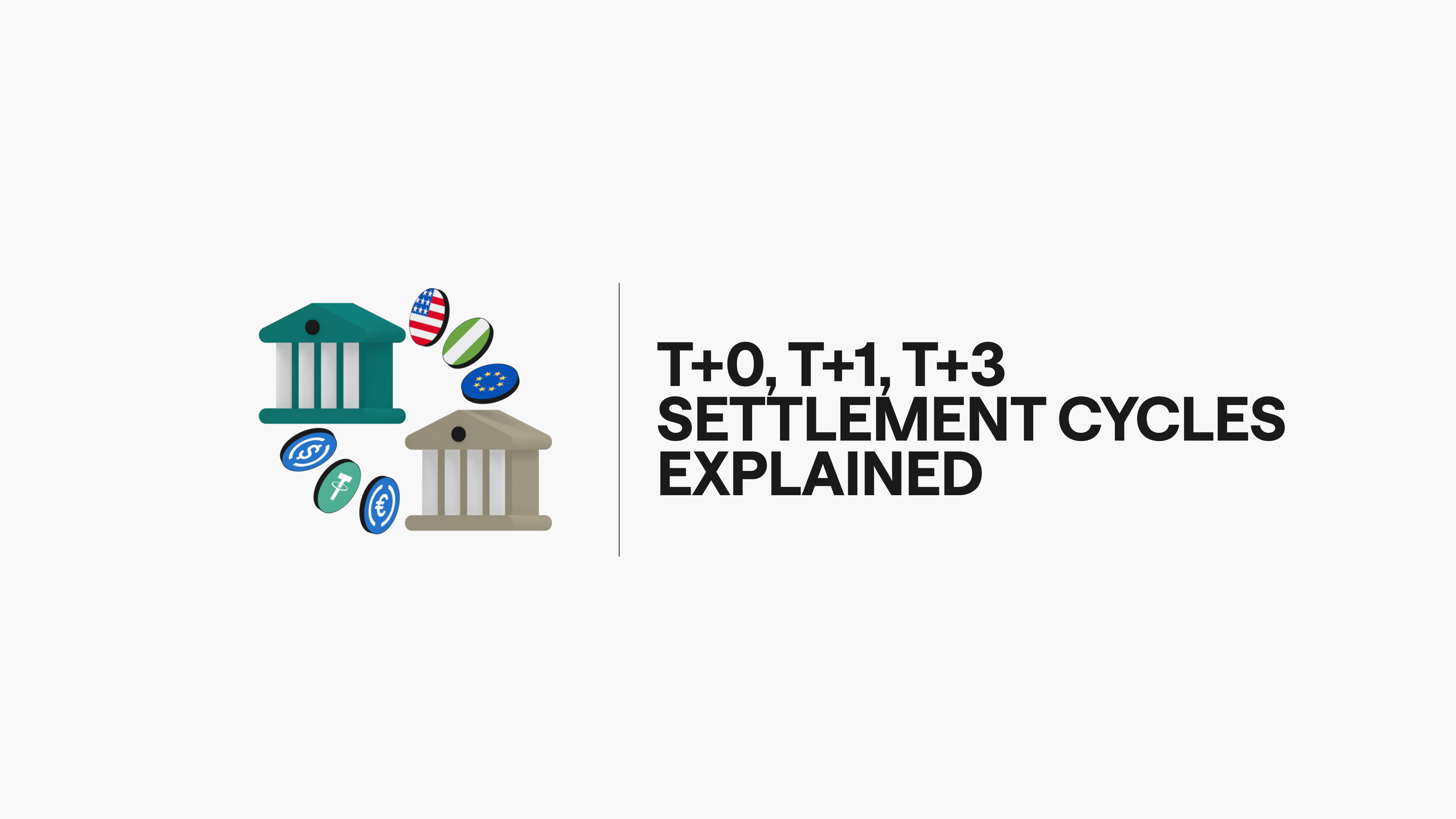
Best Global Accounts for Digital Nomads and Freelancers in 2025
- Digital nomads and freelancers need borderless, multi-currency accounts to receive payments locally, convert when rates are favourable, and avoid FX and wire surprises.
- The best global accounts blend local rails and stablecoin rails, letting users hold USD, EUR, or GBP, get paid via IBAN, ACH, PIX, or CLABE, and settle instantly in fiat or USDC/EURC.
- Due stands out in 2025 with transparent FX (0.2–0.7%), local details in 80+ markets, stablecoin<>fiat off-ramps, and programmable payouts, making it a global money hub for independent professionals.
Remote work isn’t a trend; it’s the new operating system of the global economy. Digital nomads, independent developers, designers, producers, and global entrepreneurs move between time zones, and so do their invoices.
What they need isn’t another app; they need an international account for digital nomads that lets them receive international payments, convert at fair rates, and access local rails without surprises.
In this guide, we map the terrain: why borderless accounts matter, what features actually save money, and how to evaluate the best global accounts for freelancers and the best account for remote workers in 2025. We’ll focus on what matters for freelancer payouts, FX, speed, and compliance, so you can get paid without friction.
Why digital nomads need multi-currency accounts
For professionals earning and spending across borders, multi-currency accounts eliminate conversion pain, hidden fees, and payout delays, turning a global lifestyle into a seamless financial reality.
Global lifestyle, global payments
Clients in Berlin. A producer in Lagos. A collaborator in São Paulo. A single-currency setup forces needless conversion and delays. The right global freelancer bank accounts let you hold EUR, USD, GBP (and more), create local receiving details, and route payouts on domestic rails, so you operate as if you were local in multiple markets. With Due, that means local rails across 80+ markets plus SWIFT reach to 150+ countries for the edges you can’t hit locally.
Avoiding hidden fees
Two costs eat into freelancer margins: FX conversion fees and opaque cross-border charges. The right low-fee multi-currency accounts let you price in a client’s currency, receive funds locally, and convert when rates make sense, avoiding double-conversions and wire surprises.
Faster access to earnings
Waiting on SWIFT counterparty hops is yesterday’s problem. Modern rails plus stablecoins move funds in minutes, then settle to local currency when you need it. That’s the crucial difference between a weekend ruined by a stuck payout and money that lands before your next call.
Multi-currency account checklist (and how Due maps to it)
Key features to look for in a global account
The best global accounts balance transparency, flexibility, and security, helping freelancers manage earnings, convert funds efficiently, and stay compliant across multiple markets.
1) Low FX fees & transparent pricing
Insist on pre-trade, all-in quotes: reference rate, any spread, rail fee, and ETA. Due quotes corridor-specific rates off wholesale FX and publishes processing that’s genuinely lean: 0.2–0.3% for cross-border payments (B2B) and under 1% for merchant processing (with quotes shown before you send). For like-for-like payouts on domestic rails, expect only a small network charge; typical ACH costs run about $0.26–$0.50 per transfer. That’s the practical benchmark for freelancers watching every basis point.
2) Local currency support (major + emerging markets)
The account should generate local details (e.g., IBAN, ACH, CLABE, PIX) so clients can pay you as if you were domestic, and you can pay contractors without international friction. Due’s platform highlights this model with virtual account numbers in major currencies and local rails in 80+ markets, plus SWIFT reach to 150+ countries, exactly the kind of coverage that removes friction for nomads.
3) Crypto & stablecoin integration for borderless finance
Stablecoins are no longer niche; they’re basic infrastructure. EURC and USDC provide instant settlement and programmable payouts, with EURC redeemable 1:1 for euros via the issuer. When a platform lets you hold EURC or USDC and cash out to SEPA/ACH at will, you get both speed and optionality. Circle notes EURC is 100% backed and redeemable 1:1 for euros; mint/redeem access is provided through Circle Mint in eligible geographies.
4) Security, compliance & easy onboarding
Look for a clear regulatory footprint and modern wallet security (e.g., passkey/MPC with delegated signing), so you own access but don’t carry operational risk. Due discloses entities registered in Canada (FINTRAC MSB) and the EU for virtual asset services, useful signals for freelancers who need predictable compliance. Delegated-wallet patterns (supported by MPC providers like Dfns) let end users sign with passkeys while keeping flows programmable.
Best multi-currency account options in 2025
Below is a pragmatic, side-by-side view of three widely used options, Wise, Airwallex and Due, framed as international accounts for digital nomads and international freelancers: local details, FX costs, coverage, and whether stablecoins are part of the toolkit. I’m using only official, 2025-relevant sources and keeping the language plain and useful.
How to Read this if you’re a freelancer on the move:
- If your day-to-day is invoices in EUR/USD/GBP with no crypto, Wise gets you mid-market FX and familiar local details quickly.
- If you run a small studio or agency and need batch payouts and treasury controls, Airwallex’s interbank-linked pricing and business features can help.
- If you invoice globally and want instant settlement with the option to cash out locally (SEPA/ACH/Faster Payments) or keep balances in USDC/EURC until rates are right, Due is purpose-built for that hybrid.
How to choose the right account for freelancers
Start with fit, not logos. The best global account for freelancers, backed by practical freelancer payment solutions, should solve five concrete jobs at once: (1) issue local receiving details exactly where your clients sit; (2) display FX spreads up front with no small print; (3) settle on domestic rails (ACH, SEPA, Faster Payments, PIX, SPEI) so money moves at the speed of your work; (4) support USDC/EURC so you can route value instantly and cash out when rates suit; and (5) publish regulatory status you can hand to a compliance team without a back-and-forth. When those pieces line up, you cut delays, compress FX conversion fees, and reduce reconciliation to routine.
Your decision framework
- Where are your clients? If 70% are in the US/EU, prioritise ACH/SEPA receiving plus EUR/USD balances. If you invoice LATAM/Africa, ensure coverage for PIX/SPEI/mobile money and workable off-ramps. A Due-style account emphasises 80+ local markets while backstopping with SWIFT to 150+ countries.
- What’s your FX rhythm? Avoid forced conversions. Hold balances in client currencies; convert strategically. Stable-to-fiat routes (EURC→SEPA, USDC→ACH) give control over timing and quotes.
- Do you need programmable payouts? Agencies managing dozens of contractors should demand bulk payouts, payout links, and quote-then-execute flows. That’s what reduces approvals to a click and reconciliations to seconds.
- Custody model and wallet UX. Prefer passkey-enabled, delegated wallets and clear recovery, your key, your control, with enterprise-grade guardrails. MPC providers (e.g., Dfns) document how end-user signing works in delegated models.
Regulatory clarity. Ask for registrations and responsible disclosures. Due lists them publicly (EU VASP, FINTRAC MSB), which simplifies vendor onboarding and enterprise compliance checks.
Recommendations by persona
- Perpetual traveller (many small invoices, multiple countries): Prioritise local receiving details and fee transparency; keep a portion of working capital in USDC/EURC for speed, convert only what you must to local.
- IT freelancer/agency (batch payouts to collaborators): Use bulk payouts and payout links; hold operational float in stables, settle weekly to SEPA/ACH.
- Creator with global audience (mixed checkout): Enable bank transfers, mobile money, digital wallets across 50–80 markets, auto-settle to preferred currency.
Practical pre-flight checks
- Confirm the currencies/rails you need (ACH, SEPA, PIX, CLABE, Faster Payments) are available.
- Request a sample FX quote and verify any spread or minimum fees.
- Test a €→EURC→SEPA or $→USDC→ACH round-trip with a small amount to validate speed and reconciliation.
- Document your recovery options (passkey, seedless recovery) before going all-in.
A brief note on the macro backdrop: Reserve managers still overwhelmingly hold dollars; the U.S. dollar sits near ~58% of disclosed global reserves, with the euro near ~20%, per IMF/Fed-summarised data in 2024–2025. For freelancers, that’s a signal: dollar/euro rails will remain liquid, while EURC offers euro-denominated on-chain settlement as a practical hedge against USD-only exposure.
Borderless accounts for modern freelancers
For the modern independent worker, the “bank account” is now a borderless control panel, a multi-currency account for digital nomads that behaves like software: local details where your clients are, stablecoins for speed, domestic rails for payouts, and transparent FX. In that context, a Due-style account makes sense: global money transfers for freelancers without detours, faster earnings access, and fewer fees. If you’re benchmarking remote worker accounts 2025, choose the stack that lets you operate as if you’re local everywhere, the best global accounts for freelancers, and the best account for remote workers do exactly that. The right global multi-currency account helps freelancers get paid anywhere.
Ready to try it? Open a Due account via the web dashboard or integrate the API to automate collections and payouts, start with a test invoice and run a real corridor before committing.
FAQ — Best Global Accounts For Digital Nomads (2025)
What is the best account for freelancers working with international clients?
Pick a borderless multi-currency account for digital nomads that issues local receiving details (ACH/SEPA/CLABE/PIX), supports stablecoins (USDC/EURC), and pays out on domestic rails. That blend yields fewer fees and faster access to funds.
Why do digital nomads need multi-currency accounts?
Because you invoice in multiple currencies and live on travel time, holding balances in client currencies and converting on your schedule cuts FX conversion fees and delays.
Which account has the lowest FX fees for freelancers?
Fees vary by corridor and timing. Look for market-tracking quotes and published spreads; test a small round-trip (e.g., EUR→EURC→SEPA) to see the real-world cost on your route.
Can freelancers use stablecoin accounts for global payments?
Yes. EURC and USDC provide instant settlement and programmable flows; with eligible access, EURC is redeemable 1:1 for euros via the issuer, and platforms like Due show SEPA/ACH off-ramps.
What’s the difference between a global account and a local bank account?
A local account is anchored to one country and currency. A global account issues local details in multiple markets, supports on-chain settlement, and switches between rails (SEPA/ACH/PIX/SWIFT) to optimise speed and cost.



.jpg)

